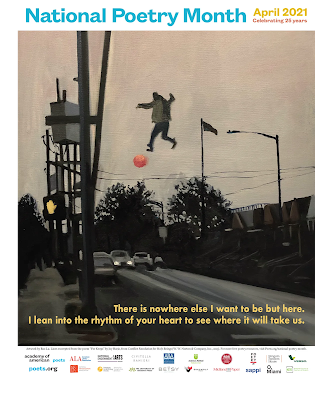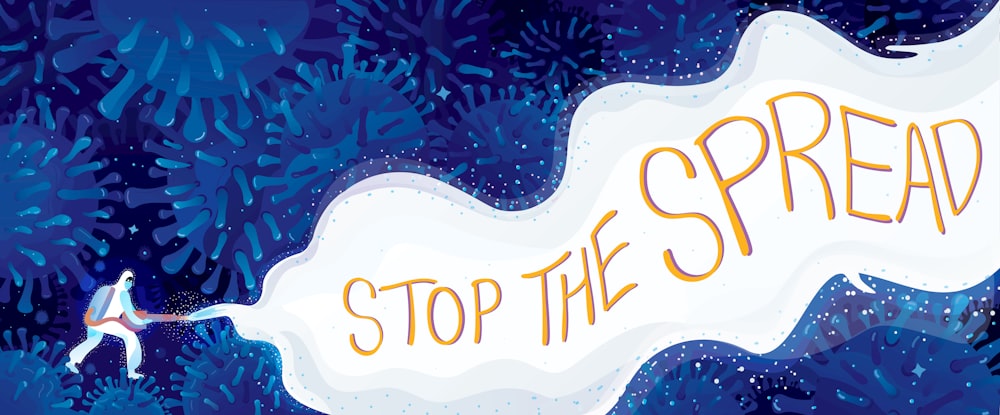November is recognized in the United States as National Aviation History Month https://bit.ly/2irLSPj.
This period of celebration gives us the opportunity to remember the high points of aviation history from all over the world. The Al Harris Library’s book display shows a sample of our books on aviation history. These books describe the achievements of men and women from around the world who have made contributions to the technology and milestones of flight.
The collection includes general histories predating the Wright brothers, with balloon flight, and brings the reader up to the present age of billionaire rocket launches. The books also describe the technical side of aeronautics in “What Makes Airplanes Fly” by Peter P. Wegener, and in “Hidden Figures” by Margot Lee Shetterly, telling the story of African American women mathematicians who contributed to the aeronautics industry during World War II and the NASA space program.
The display includes books on the achievements of women pilots over the decades, including Fly Girls: How Five Women Defied All Odds and Made Aviation History-- by Keith O’Brian, The Jerrie Mock Story: The first Woman to Fly Solo Around the world --by Nancy Roe Pimm, and The Women With Silver Wings--by Katherine Sharp Landdeck.
Also on display are books about aeronautical celebrities such as, Charles Lindbergh and the Spirit of St. Louis--by Reeve Lindbergh
and others, and Wind, Sand and Stars and Night Flight—by
Antoine De Saint-Exupéry, a daring pilot throughout his adult life, World
War II fighter pilot, and the author of the previously mentioned
autobiographical works and the international children’s classic The Little Prince.
National Aviation History Month offers the Al Harris Library the
opportunity to showcase our local aeronautical pioneer, General Thomas P.
Stafford. Weatherford is the birthplace of retired astronaut General Thomas
P. Stafford and SWOSU has flourished with a partnership with him and NASA.
Many SWOSU students have held internships at NASA facilities and some SWOSU
graduates have kicked off successful careers at NASA.
The display can be found just inside the main entry of the Al Harris
Library, across from the circulation desk. Please come by and check out
books from our display!






